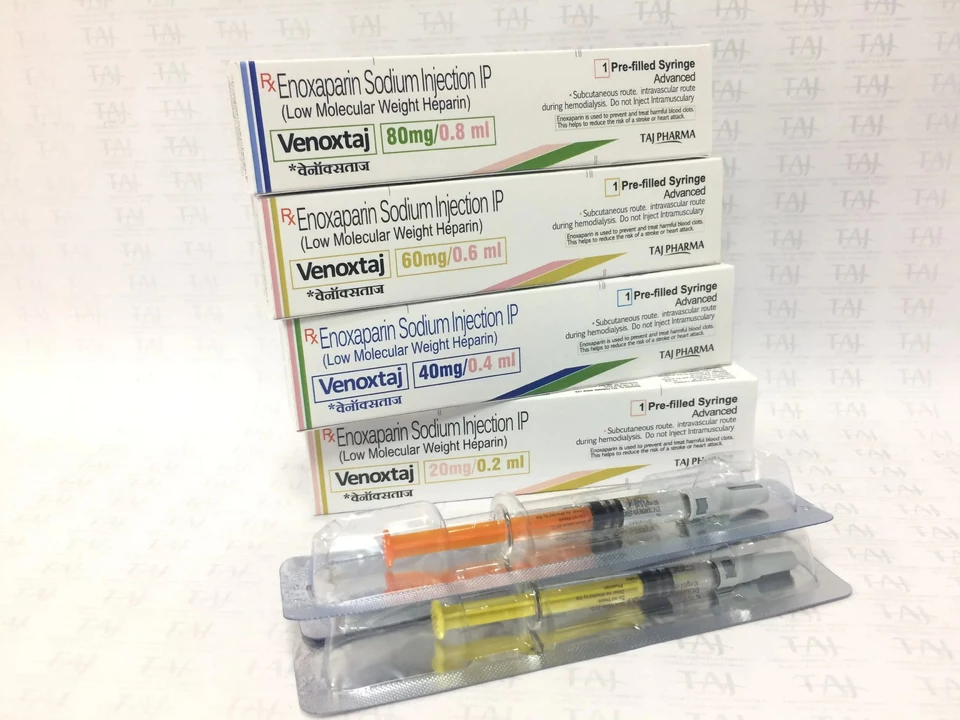Medication Storage: How to Store Medicines Safely at Home
Did you know many common medicines lose strength when kept in a damp bathroom or a hot car? Wrong storage can make drugs less effective or even unsafe. This page gives clear, practical steps to store pills, liquids, inhalers, and special meds so they work when you need them.
Where to keep meds at home
Pick a cool, dry spot away from direct sunlight. A bedroom closet shelf or a kitchen cabinet away from the stove is usually best. Avoid bathrooms and windowsills—humidity and heat are the main enemies of tablets and capsules.
Keep medicines in their original containers. Labels tell you dose, expiration date, and batch information. Childproof caps matter: if a bottle doesn’t have a safety top, move it to a sealed box or high shelf out of reach of children and pets.
Group meds logically: daily medicines together, short-term prescriptions in a separate box, and emergency drugs (like epinephrine or nitroglycerin) in a spot everyone knows. Use clear containers or small bins so you can see expiry dates at a glance.
Special cases: refrigeration, controlled drugs, and travel
Some meds need the fridge—insulin, certain eye drops, and some injectable drugs. Put them on a middle shelf, not the door, to keep temperature steady. If a label says “store refrigerated,” follow it; don't assume cold means freezer.
Controlled substances and strong painkillers need extra care. Lock them in a cabinet or a small safe if possible. Track who in the household has access and keep a short log of refills to spot anything missing quickly.
Traveling with meds? Keep them in carry-on luggage with a copy of the prescription. Use original packaging for airport checks and bring a small cooler pack for temperature-sensitive meds. If you need a letter from your doctor for foreign travel, get it before you leave.
Watch expiration dates and discard expired items properly. Don’t flush meds down the toilet unless the label or local guidance says it’s OK. Many communities have drug take-back programs—use them. If none exist, mix pills with coffee grounds, seal them in a bag, and toss them in the trash.
Final quick checks: keep a list of all household meds, store poison control numbers nearby, and teach family members how to identify and handle an accidental ingestion. Small habits—checking labels, closing lids, and avoiding heat—make a big difference in safety and effectiveness.

Heparin sodium storage and handling: Best practices for healthcare providers
- by Colin Edward Egan
- on 6 May 2023
As a healthcare provider, it's crucial to understand the best practices for handling and storing Heparin Sodium. First and foremost, always store it at room temperature, away from direct sunlight and moisture. Additionally, make sure to check the expiration date before use, and properly dispose of any expired medication. When administering Heparin Sodium, adhere to strict aseptic techniques to prevent contamination. Lastly, educate yourself and your staff on the possible side effects and interactions, ensuring patient safety and optimal treatment outcomes.
